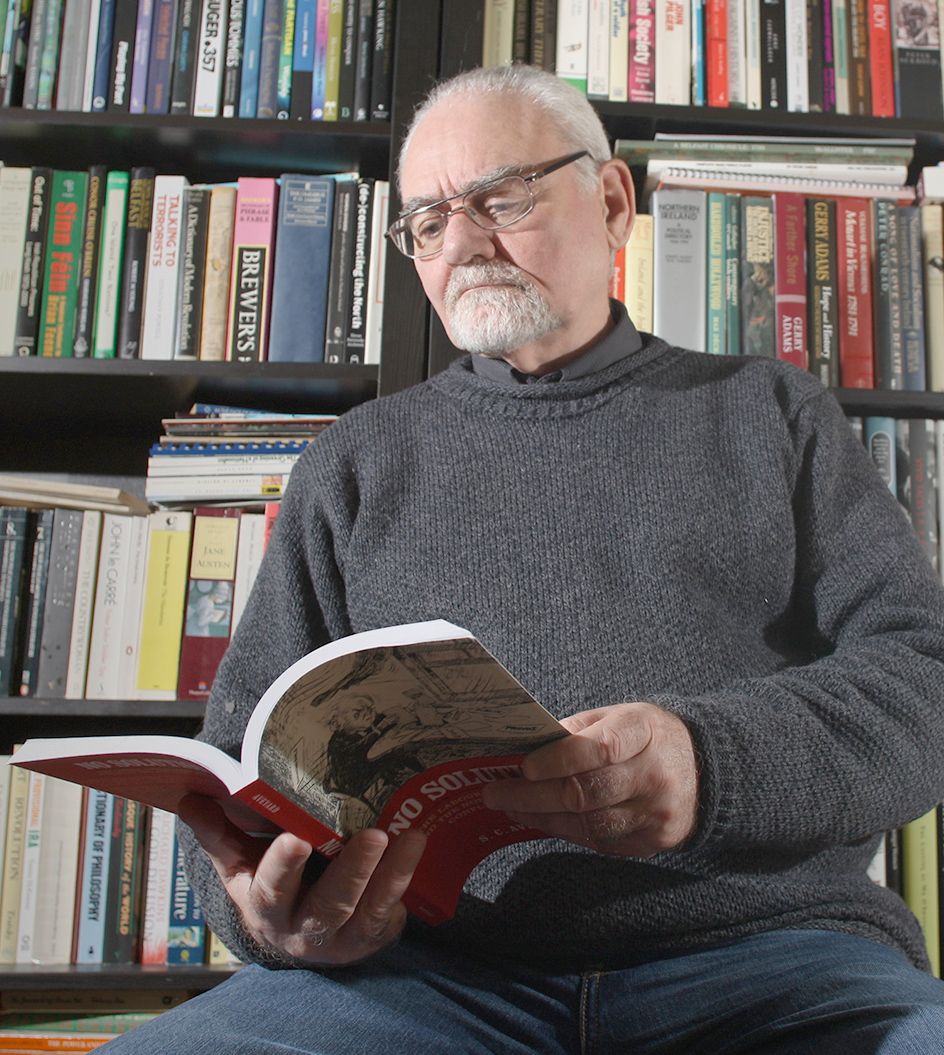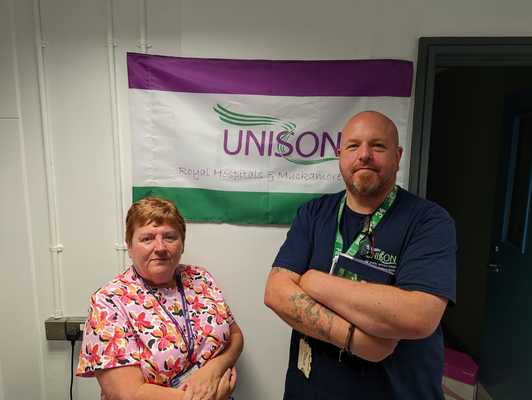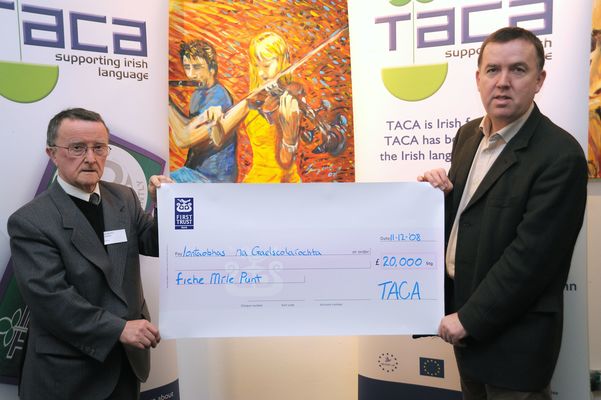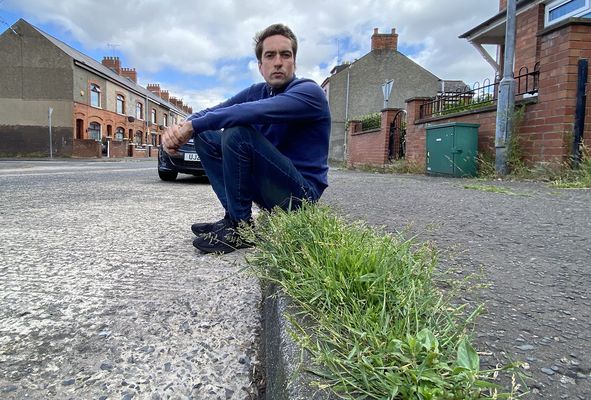“THE worst position to hold is one of certitude about the past,” says the man responsible for the 1984 Brighton bombing, Pat Magee.
As we discuss his recently released memoir Where Grieving Begins (Pluto Press 2021) over the phone, the former IRA Volunteer seems pensive. His apparent disposition is undoubtedly reflective of his attempts to reconcile his own beliefs and political actions with the hurt he has caused others, including those affected by the bombing of Brighton’s Grand Hotel. But after putting his story to paper, he admits that perhaps such inner conflicts simply “can’t be squared”.
Pat Magee’s account can be split into two halves, the first of which deals with his early life and involvement in the republican struggle. The second coincides with his November 2000 meeting with Jo Berry, daughter of the Tory MP, Anthony Berry, who was killed in the Brighton bombing.
The book charts Pat’s course from a boy, raised in Coventry from the age of four, to a young man who moved to Belfast and became an active member of the IRA.
After a two-and-half-year period of internment in Long Kesh in the early 1970s, he returned to active service and later spent 14 years in prison for the bombing of the Grand Hotel. But his narrative is much more than a chronological account of the events leading to Brighton in 1984, and a far-cry from crass militarist chronicle.
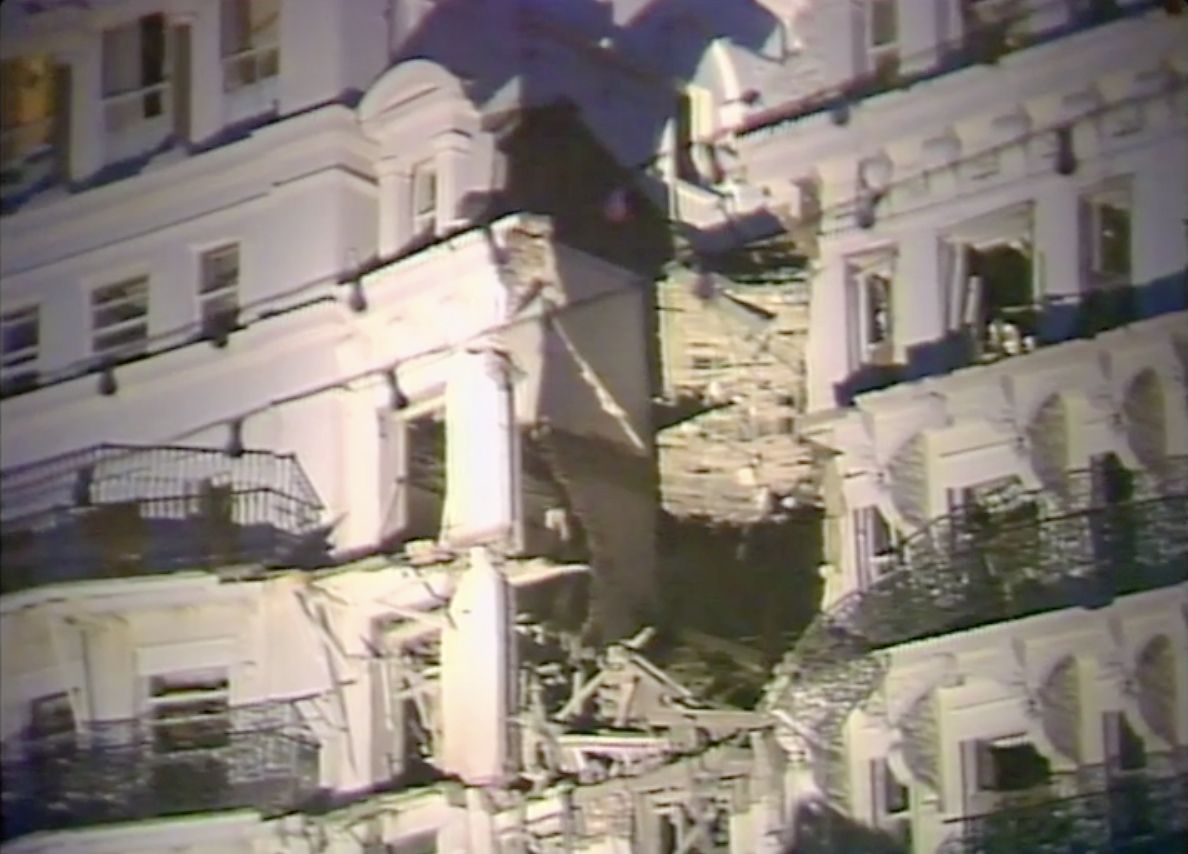
Internationally, the attack is widely remembered as a daring operation that saw Margaret Thatcher narrowly escape with her life. Having claimed the lives of five people and injured over 30 others, the attack is abhorred by many, including victims who Magee has come to know in later life. In earnest, Magee’s story is much more nuanced. For him, the book is about addressing the “simplistic and reduced view” of the armed struggle held by those opposed to the republican movement, while making “some sense” of his engagements with the victims he has helped create.
He says that while he stands over his actions and those of the republican movement, it is “difficult” to come to terms with the pain he has caused.
“I don’t see there was any other choice facing our communities in the thick of it, in the very early ’70s,” he reveals.
“Then again there is this conflict, and it’s something that arises naturally when you’re out of conflict and you’re looking back at the past, and you realise that pain and hurt has been caused. That’s a difficult thing to live with. It doesn’t matter that you thought it was necessary, you still have to live with those consequences. Some people see that as something that can’t be squared – if somebody can square it for me I’d be very pleased. I’ve spent years trying to figure it out myself and I’m conflicted about that.
“I think sometimes it’s necessary to defend yourself and that’s what we did as communities.”
Upon his release from prison in 1999, which occurred under the terms of the Good Friday Agreement, Magee had already been contemplating his contribution to the “new peace we’re all trying to build”.
“I thought I would be sitting around and talking to former enemies at some point and I envisaged that victims would be a part of that,” he explains.
His work with Jo Berry, whose father he killed and who wrote the foreword of his book, has been a mainstay in the years since.
The pair have met over 200 times for a range of private and public engagements aimed at promoting peace and reconciliation.
“It’s a huge amount of contact considering I killed Jo’s father,” Pat admits.
“It’s difficult and there’s no resolution to it – there can’t be – but we continue to meet and we both feel it’s beneficial despite the difficulties. I think there’s something in that. There’s a lesson in that.”
Part of the lesson, he says, finds its expression in a poem by Chilean poet and Nobel Laureate Pablo Neruda from which Where Grieving Begins draws its title.
“It’s as if we can’t all – never mind as individuals – as communities and people begin to directly address our own sense of our own sense of grief until we can start meeting each other and talking,” he states.
TRUE DISCUSSIONS
“We’re all conflicted about the conflict. The true discussions can only begin when there’s an openness to meet and talk openly. The title seemed to embrace that.”
Asked if writing the book was painful, Pat affirms that grappling with memories of the past “was difficult at times”. However, he insists we are beholden to “examine our actions in the past”.
“Never stop for one moment and say we were absolutely right and they were absolutely wrong,” he advises.
“The worst position to hold is one of certitude about the past.
“We have to reappraise it all the time in the hope that we come up with some lessons from it, something we haven’t spotted before.
“I think we actually owe it to future generations to not just lie back with the comfortable idea that we had it all right.”

